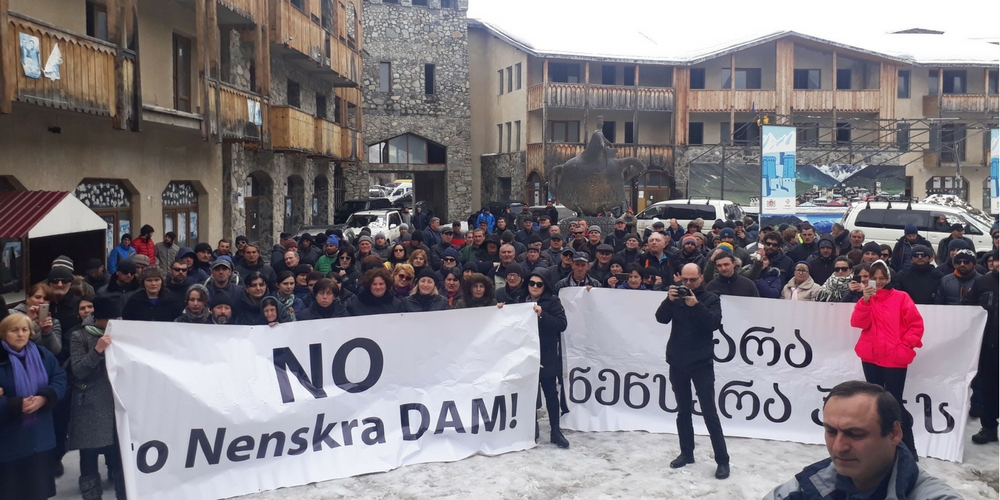
In February, an EBRD compliance review vindicated local residents affected by the Corridor Vc motorway project in South Mostar, Bosnia and Herzegovina. The review acknowledged deficiencies in public consultation and environmental assessment, prompting calls for rerouting and improved stakeholder engagement.
In April, the Federation of Bosnia and Herzegovina officially cancelled the contract for the Tuzla 7 coal power plant. Subsequently, the promoter Elektroprivreda BiH published a business plan excluding the unit, marking the end of this long-contested project.
In May, the Supreme Administrative Court of Bulgaria definitively rejected a controversial waste incinerator project in Sofia due to unassessed health risks and lack of public consultation. The decision concluded an eight-year legal battle, underscoring the importance of public participation in environmental decision-making.
In September, the EBRD finally cancelled its USD 214 million loan for the Nenskra hydropower project in Georgia. The decision followed findings by the IPAM that the project violated environmental and social policies.
We continued to hold international financial institutions accountable to the communities they serve, pushing for improved safeguards. These efforts notably culminated in the approval of the EBRD’s revised Environmental and Social Policy in December.
Throughout the year, we also advocated for energy transition plans aimed at ending reliance on fossil fuels while supporting social and economic development.
